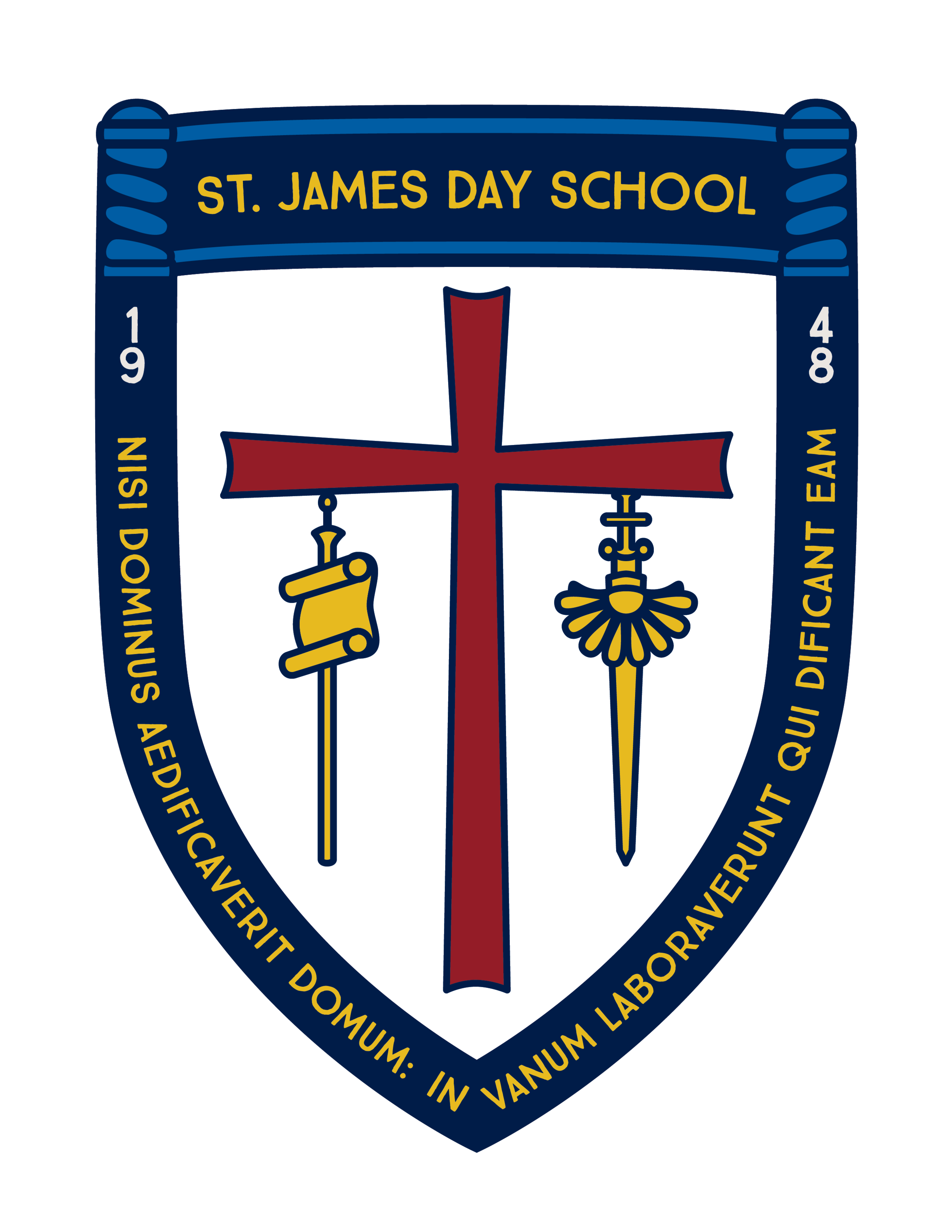Merriam-Webster defines a catapult as the following:
Noun
1: an ancient military device for hurling missiles
2: a device for launching an airplane at flying speed (as from an aircraft carrier)
Fifth grade is currently learning about ENERGY. Our week concluded with working in the Science Lab creating our very own catapult to demonstrate both potential and kinetic energy. Our catapults were simple in design and construction but demonstrated great amounts of energy. The catapults were made from craft sticks, rubber bands, and plastic spoons. Marshmallows were placed in the spoon as the projectile and the distance was judged.
We followed construction plans, tested our designs, made modifications, and tested our designs again! The Scientific Method was followed and tested throughout the lesson and once our work was complete, a competition took place! Our class had a great deal of fun testing our designs.

































